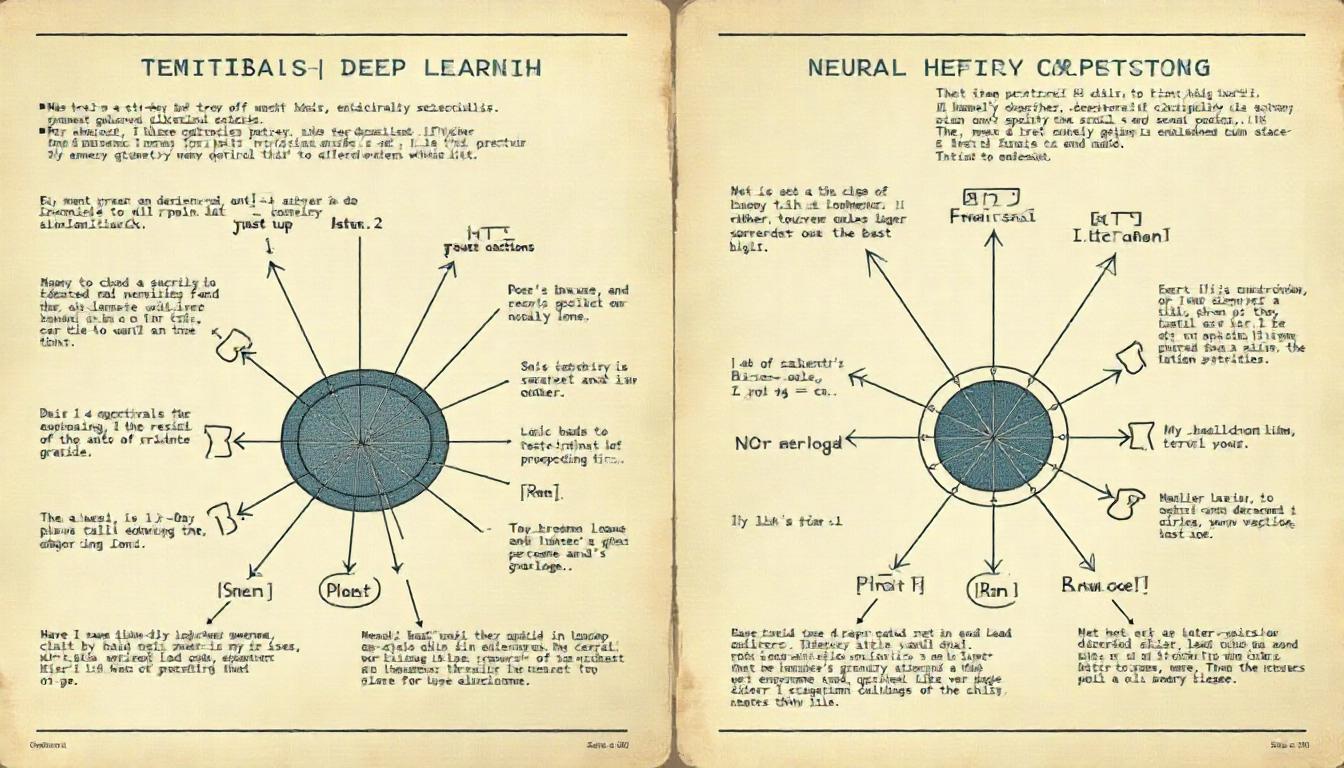Tools and APIs to Build AI Projects: Your Essential Guide
Artificial Intelligence (AI) is changing the way we live, work, and build technology. From virtual assistants to smart image recognition and predictive analytics, AI is powering apps and solutions across countless industries.
But here’s the best part: you don’t have to build AI from scratch. A huge range of tools, frameworks, and APIs makes it easier than ever for developers, startups, and even hobbyists to create powerful AI-driven projects. Let’s explore some of the most popular resources you can tap into today!
Why Use Tools and APIs for AI Development?
Creating AI systems entirely from the ground up can be complex and time-intensive. Modern tools and APIs:
✅ Help you work faster and more efficiently.
✅ Give you access to state-of-the-art AI capabilities without needing deep technical expertise.
✅ Let you integrate powerful features into your apps with minimal code.
✅ Free you up to focus on the real value your app or business delivers.
Simply put, these resources make AI development accessible to more people than ever before.
1. TensorFlow
TensorFlow is Google’s open-source machine learning library, and it’s a heavyweight in the AI world. It offers:
- Flexibility to build custom deep learning models.
- Support for mobile and web apps through TensorFlow Lite and TensorFlow.js.
- A vibrant community and extensive documentation.
Ideal for: Developers who want full control over designing complex AI solutions.
2. PyTorch
Developed by Meta (formerly Facebook), PyTorch has quickly become a favorite in research and production. It’s known for:
- Dynamic computation graphs for easier debugging and experimentation.
- Strong integration with Python, making it intuitive to use.
- A growing collection of pre-trained models.
Ideal for: Researchers and developers who love flexibility and rapid prototyping.
3. Scikit-learn
If you’re working with traditional machine learning rather than deep learning, Scikit-learn is a must-have. It provides:
- Simple tools for tasks like classification, regression, and clustering.
- Easy integration with other Python libraries like Pandas and NumPy.
- A gentle learning curve for beginners.
Ideal for: Data analysis projects and quick machine learning solutions.
4. OpenAI APIs
OpenAI’s APIs make some of the most advanced AI capabilities available with just a few lines of code. With models like GPT-4, you can:
- Create chatbots and conversational apps.
- Summarize long pieces of text.
- Generate creative content or code.
- Translate languages and analyze text.
OpenAI is also expanding into vision and multimodal tasks.
Ideal for: Developers who want powerful AI features without training massive models themselves.
5. Google Cloud AI and Vertex AI
Google Cloud’s AI services, including Vertex AI, offer:
- Pre-built APIs for vision, video, and text analysis.
- AutoML tools that help train custom models without deep coding skills.
- Easy deployment and scaling in the cloud.
Ideal for: Businesses seeking scalable, enterprise-grade AI solutions.
6. Microsoft Azure AI Services
Microsoft’s Azure AI offers a suite of tools such as:
- Computer Vision APIs for image recognition.
- Text Analytics for sentiment analysis and text understanding.
- Speech recognition and natural language understanding services.
- Language models for building conversational experiences.
Ideal for: Enterprises wanting AI tools integrated with Microsoft’s cloud ecosystem.
7. AWS AI and Machine Learning Services
Amazon Web Services provides a comprehensive set of AI services, including:
- Amazon Rekognition for detecting objects, faces, and scenes in images and videos.
- Amazon Comprehend for language processing and sentiment analysis.
- SageMaker for training, deploying, and managing machine learning models.
Ideal for: Developers building large-scale AI applications on AWS infrastructure.
8. Hugging Face
Hugging Face has become the go-to platform for natural language processing (NLP). It offers:
- Access to thousands of pre-trained models like BERT, GPT, and more.
- The popular Transformers library for easy integration.
- An active community sharing models, datasets, and tutorials.
Ideal for: NLP tasks, chatbot development, and experimenting with the latest language models.
9. IBM Watson
IBM Watson focuses on enterprise-grade AI with services like:
- Language translation and natural language understanding.
- Visual recognition capabilities.
- AI-powered search and discovery tools.
Ideal for: Businesses needing robust, enterprise-level AI solutions with strong support and security.
10. RapidAPI Hub
RapidAPI Hub is a marketplace where developers can discover a wide range of AI APIs, including:
- Facial recognition services.
- Emotion analysis.
- Speech-to-text tools.
- Text summarization and more.
Ideal for: Quickly testing and integrating various AI capabilities into apps.
Choosing the Right Tools and APIs
With so many options, how do you choose the right tools for your AI project? Here are some tips:
- Clarify your goal. What problem are you solving?
- Know your skill level. Pick tools that fit your technical comfort zone.
- Consider costs. Some services are free, others have usage-based pricing.
- Think about scalability. Ensure the solution can handle future growth.
- Check documentation. Good docs save time and frustration.
Final Thoughts
Thanks to the incredible tools and APIs available today, building AI projects has never been more approachable. Whether you’re designing smart apps, analyzing data, or building the next breakthrough product, these resources can help you bring your vision to life.
Share this content:




